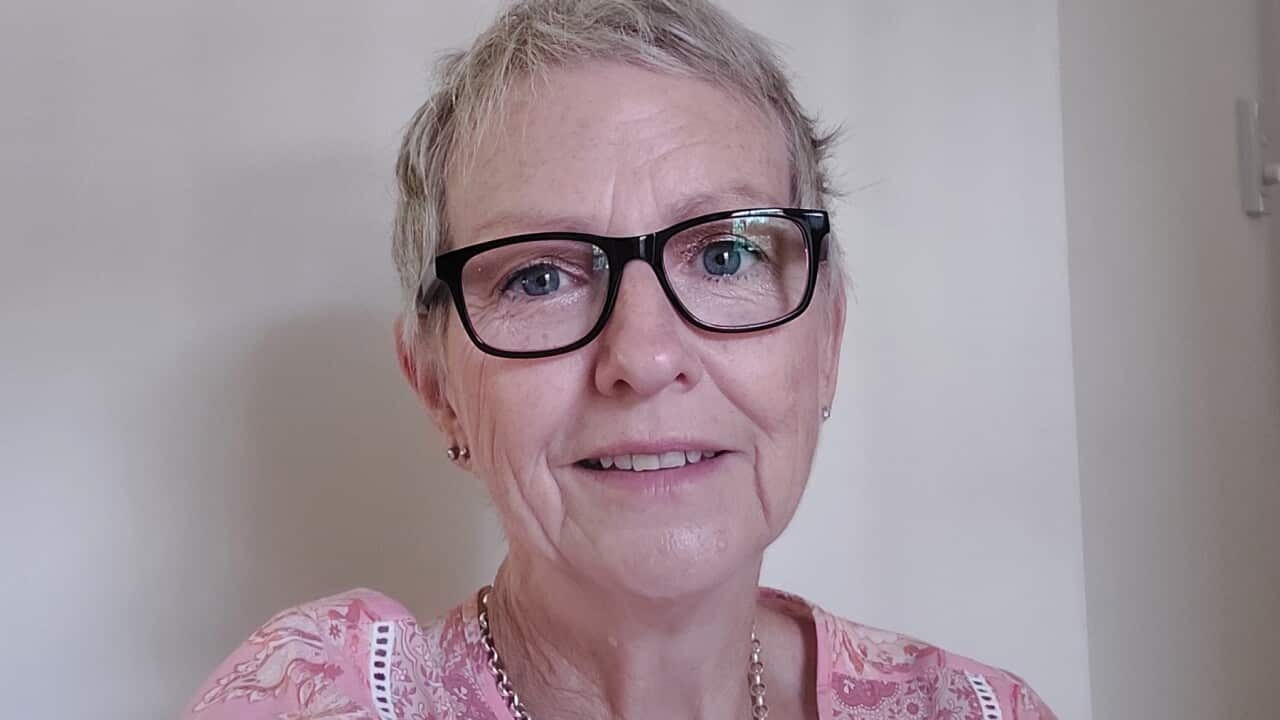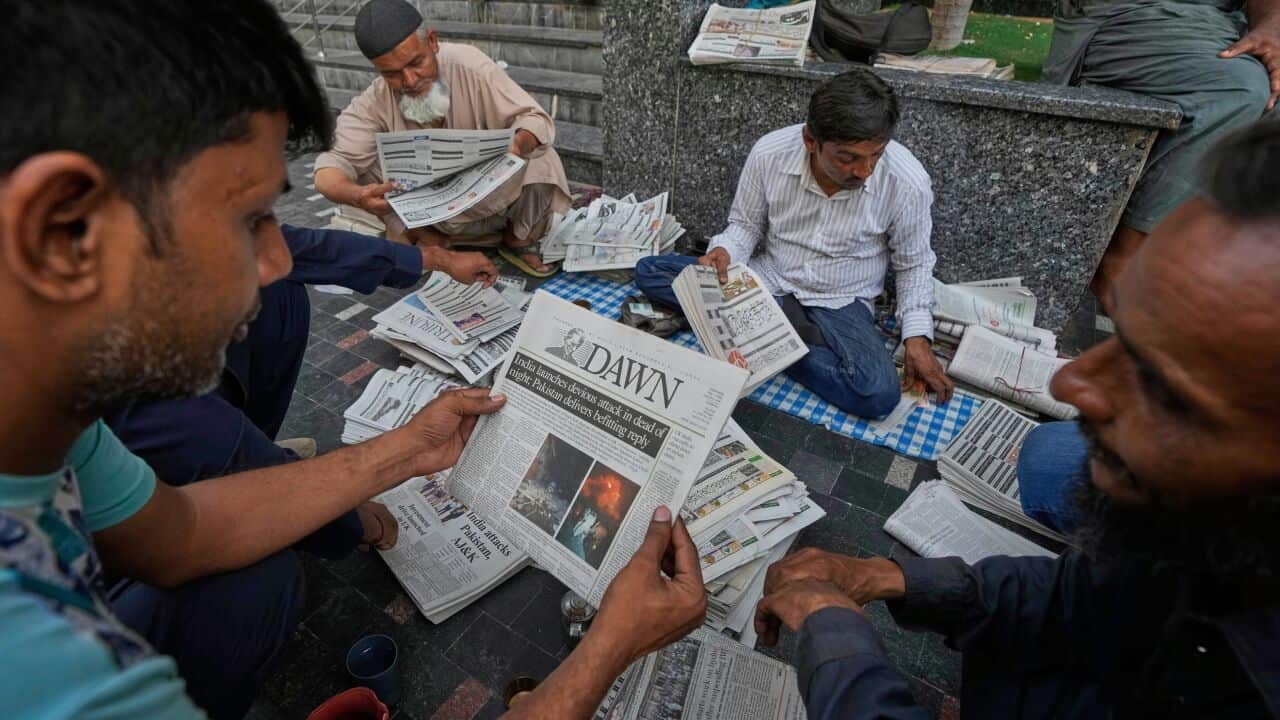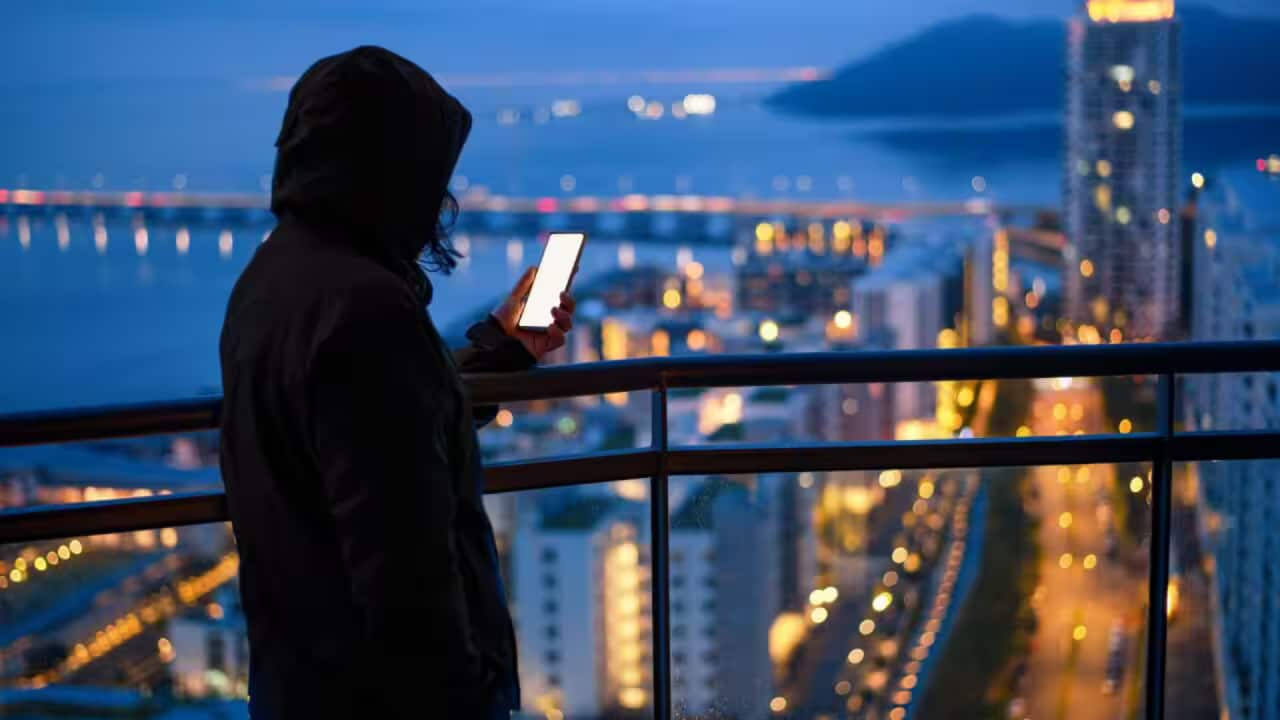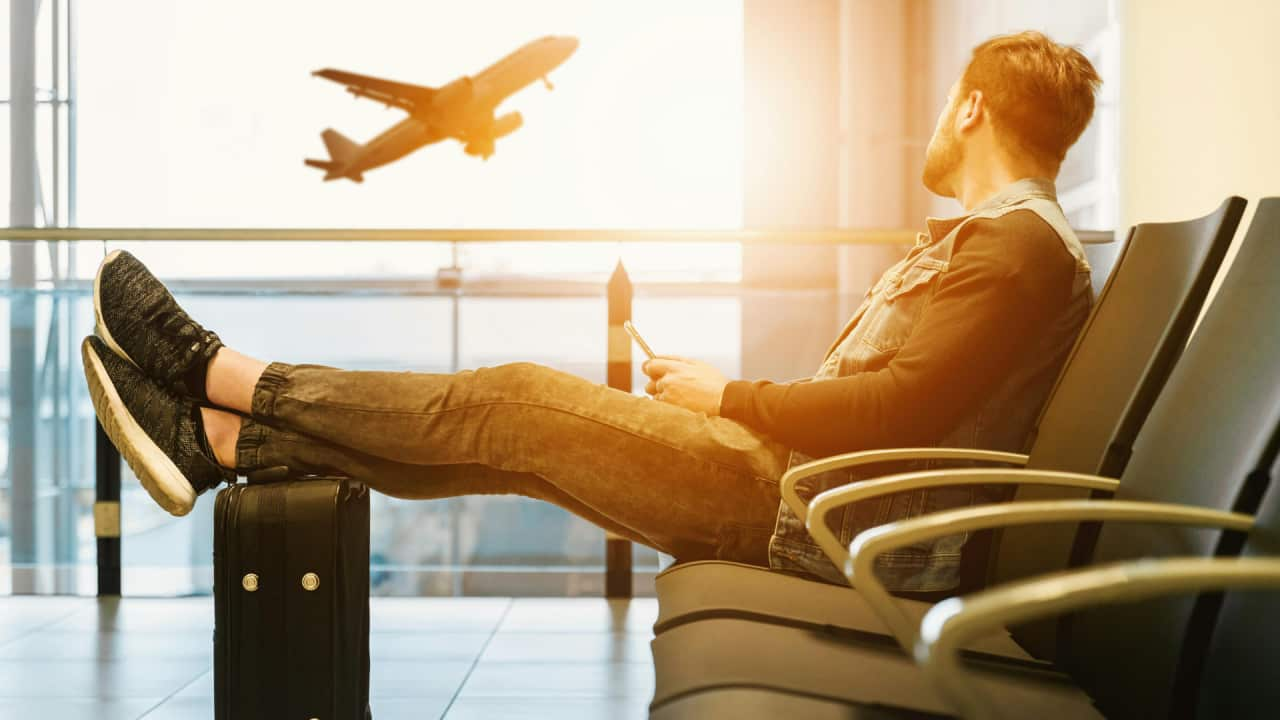Many advertising campaigns have aimed to encourage people over the years to take precautions and avoid unprotected exposure to the sun's dangerous UV rays. The most famous was the "Slip, Slop Slap" cartoon that still resonates to this day.
The safety messages are universal, but until more people listen to the advice the entire country will suffer both in terms of people's health but also in terms of cost to the economy.
Professor Rachel Neale is the Co-Chair of Skin Cancer Prevention Queensland.
"Skin cancer is the most expensive cancer in Australia. It costs us over $1.3 billion per year to manage skin cancers. Queensland remains the skin cancer capital of the world and of Australia. Our skin cancer rates are about 40 per cent higher than in the rest of Australia."
Every year, almost half of all Queenslanders are overexposed to the sun.
Skin Cancer Prevention Queensland is a coalition representing several groups including government, university and sporting organisations.
It has set new targets to combat the issue and is aiming to encourage at least half of all Queenslanders to wear broadbrimmed hats by 2030.
The campaign wants a 20 per cent reduction in sunburns. And it's hoped by achieving these targets it will help reduce skin cancer rates by 5 per cent in 2030 and by 25 per cent in 2050.
Professor Monika Janda is also a co-Chair of Skin Cancer Prevention Queensland.
She says people there must understand skin cancer melanomas don't just happen from sunbathing on the beach.
"A lot of Queenslanders get sunburned every day, every weekend. It’s not just the beach though - we have to also reduce our exposure every day. When we go out, we have to put sunscreen on every day - and that's a new message as well."
Christine Bleijie is hoping the thinking around skin cancer will change and that the numbers of people being affected will go down instead of up.




